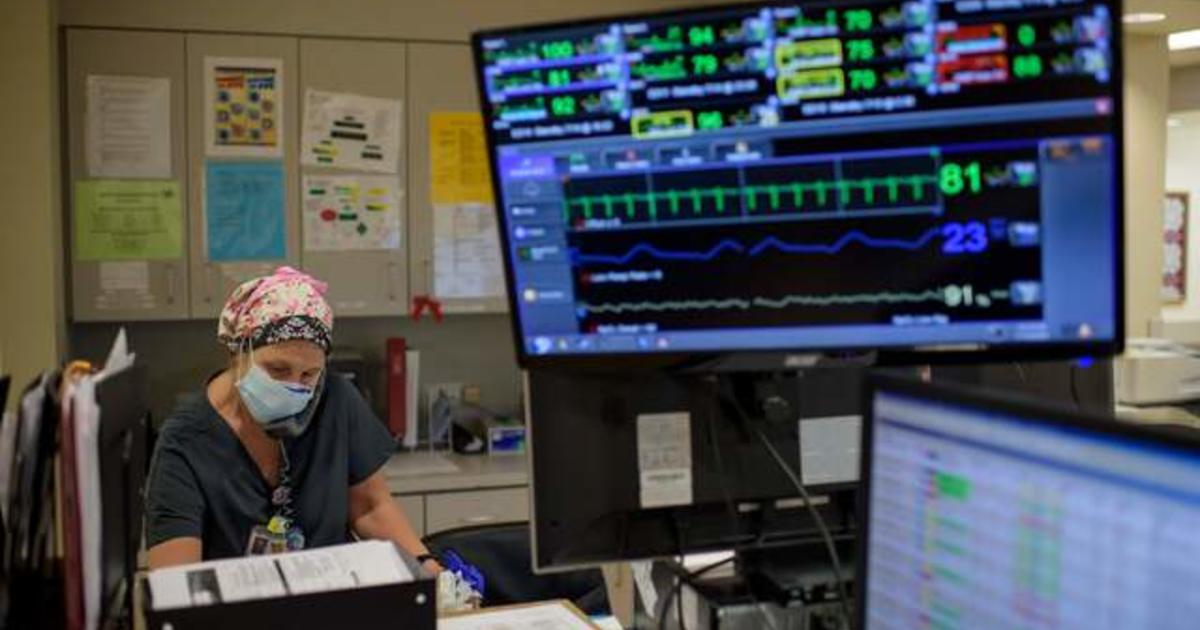Preliminary studies show a possible emerging link between serious COVID-19 infections and new cases of diabetes in some patients.
Doctors have known for some time that people with diabetes are more at risk of serious illness coronavirus, but now scientists are working to determine whether the virus can also lead some patients to develop new cases of diabetes. Research in the medical journal Diabetes, Obesity and Metabolism and other studies raise concerns that the relationship may go both ways.
“The researchers are working like crazy to see if COVID attacks the beta cells in the pancreas, which produce insulin,” said pediatrician Dyan Hes at CBSN Tuesday. “Some studies believe so, but other studies have been repeated saying that it is not attracted to the beta cell. We have not yet been able to find out why.”
Almost a year after the start of the pandemic, the effects of “Long COVID” how long-lasting respiratory complications and mild cognitive impairment have been documented in many patients, as well as others neurological symptoms, blood clots, blowsand damage to the heart and kidneys. An analysis published in November 2020 revealed that of 3,700 hospitalized patients in eight studies, up to 14.4% were diagnosed with diabetes.
“As pediatricians, we have definitely followed cases of children who had COVID or didn’t even know they had COVID, but had type 1 diabetes,” said Hes.
Type 1 diabetes, she explained, is an autoimmune disease “where your body stops producing insulin”. Type 2 is “when your body is not responding to the insulin you have”.
Doctors in Wuhan, China, reported a link between COVID-19 and high blood sugar levels in April 2020.
He noted that there could be a connection to the treatments that some patients receive. “When you get treatment at the hospital for super sick patients, they get prednisone, which also makes blood sugar go up. Is that also contributing?”
Italian scientists have also investigated whether these high blood sugar levels could lead to diabetes, recognizing a previously known link between long-term viral infections and the disorder. That study, published last May, recognized that more research needs to be done before a conclusion can be reached.
He said it was “not surprising” that a viral infection like COVID-19 could trigger type I diabetes, but the medical history of these patients needs to be studied. “Do we have to follow the patients and see if they really have a family history of autoimmune or type I diabetes, or was it just COVID? Was that the only risk factor?”
Leading diabetes scientists in the UK and Australia are establishing a global registry of coronavirus-related diabetes cases. In an article published in the New England Journal of Medicine, the researchers said it was “plausible” that the effects of COVID-19 on the body’s ability to metabolize glucose could complicate existing insulin levels or create new problems, leading to the appearance of diabetes.
Francesco Rubino, professor of diabetes surgery at King’s College London, told the Washington Post that the registry already had more than 150 names and received responses from more than 350 institutions worldwide. Rubino and other researchers suggested that the world study could “discover new mechanisms of disease”.
Dr. Hes, who noted that the studies were preliminary, acknowledged the apparent link, but said more research was needed to understand it.
“It’s too early to say,” she said. “We need huge numbers to predict this.”
